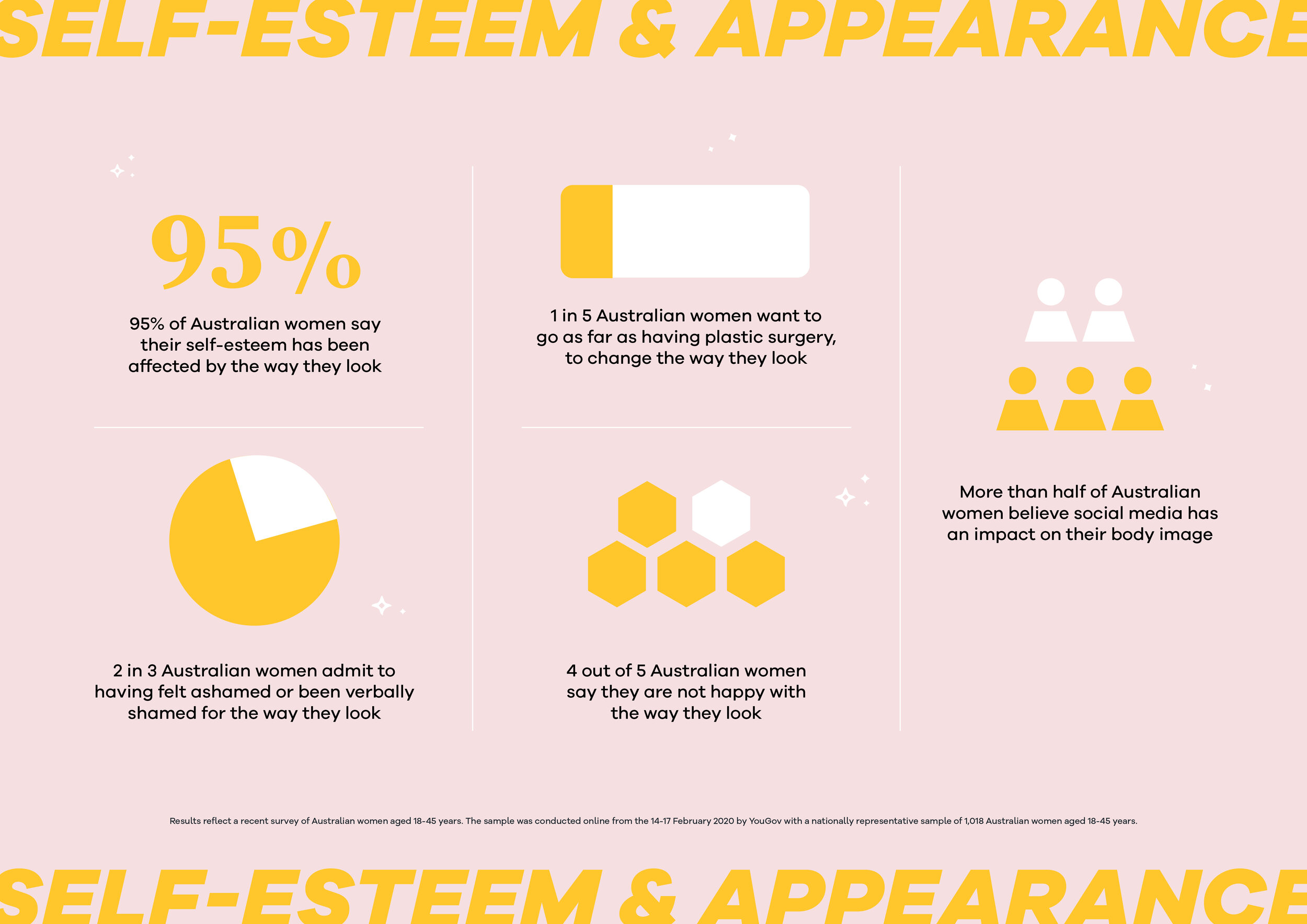Bumble Making Moves Report: What Really Matters to Australian Women in 2020
International Women’s Day is not just a time to celebrate the achievements of women around the world, but a time to focus our attention on women’s rights and the fight to create a gender-equal world.
At Bumble, we’re focused on our mission to help end misogyny and promote equality every day of the year, but IWD2020 provides a special opportunity to look at what matters most to our community.
Our Making Moves Report is an in-depth look at what really matters to Australian women in 2020. We covered topics ranging from the gender pay gap and superannuation to body image and self-esteem to find out what’s high on your agenda. The survey was nationally representative of women aged 18 to 45. Here’s what we found.
IN THE WORKPLACE
We’ll spend one third of our lives at work, so what happens in the workplace and how we feel about our jobs matters. Our survey found:
The biggest issues faced by Australian women in the workplace are flexible working opportunities, the gender pay gap, and gender bias
More than 1 in 4 (26%) of young Australian women (those under 30) say their biggest issue is lack of diversity in senior leadership teams
36% of Australian women believe corporate Australia is not doing enough to address gender equality in the workplace
THE GENDER PAY GAP
The gender pay gap is the average difference between the remuneration for men and women in the workplace. The Australian government Workplace Gender Equality Agency (WGEA) says that Australia’s national gender pay gap has hovered between 13.9% and 19% for the past two decades. Our survey found that:
Almost 1 in 5 Australian men (16%) believe that there is no gender pay gap in Australia, compared to only 3% of women
Over 80% of Australian women do not know that the gender pay gap in Australia is currently 14%
Almost half (47%) of Australian women believe that employers providing on-site childcare to reduce the need for them to stay at home with young children would have an impact on reducing the gender pay gap, while 48% believe that paid superannuation on maternity leave would be a solution, and 40% support increasing the childcare subsidy paid to women
GOVERNMENT POLICY
The WGEA says that workplace gender equality is achieved when people are able to access and enjoy the same rewards, resources, and opportunities regardless of gender. Our survey found that:
3 out of 4 Australian women, the equivalent of 3.8 million women, say that they would like to see more policies introduced by the government to enable greater equality for working women in Australia
SUPERANNUATION
Superannuation is the money set aside during your working life for when you retire. The Association of Superannuation Funds of Australia estimates that the lump sum required at retirement to support a comfortable lifestyle is $640,000 for a couple and $545,000 for a single person. Our survey found that:
70% of Australian women are concerned that they will accumulate less superannuation over the course of their career than their male counterparts
SOCIAL EQUALITY
Workplace environments aren't the only places where women experience unequal opportunities or are exposed to gender bias. Our survey found that:
60% of Australian women believe they are not provided with the same opportunities as men in everyday life
SELF-ESTEEM AND BODY IMAGE
The Butterfly Foundation defines body image as the perception that a person has of their physical self and the thoughts and feelings that result from that perception. Self-esteem is an individual's subjective evaluation of their own worth. Our survey found that:
Appearance and body image have a profound impact on women’s self-esteem. 95% of Australian women believe that their self-esteem has been affected by the way they look. As many as 1 in 3, the equivalent of 1.7 million women, say that this is the case all or most of the time
2 out of 3 Australian women admit to having felt shamed or having been verbally shamed for the way they look
Younger Australian women (Gen Z) are more likely to say their self-esteem suffers as a result of how they look
4 out of 5 Australian women say they are not happy with the way they look, with almost 9 out of 10 (87%) saying they want to change the way they look
Of the women who want to change the way they look, 70% want to lose weight, and more than half want to take non-invasive measures to change their appearance. 1 in 5 want to go as far as plastic surgery.
More than half of Australian women (54%) believe that social media impacts body image
87% of women wanting to change the way they look is far, far too many. At Bumble, our primary function is as a facilitator of meaningful connections. We know that no matter what type of relationship you’re looking for, the level of self-love and respect that you bring to the table will have a huge impact on its success. In the famous words of drag icon RuPaul, “If you don't love yourself, how in the hell you gonna love somebody else?”
It’s crucial that we all start to be more kind to ourselves. Our internal dialogue needs to reflect the way we would talk to a much-loved friend rather than an enemy. Our relationship with ourselves is the longest and most enduring one we will have.
This IWD we’re asking our community to post to social media calling out something they love about themselves and about someone they love, and asking that loved one to do the same. In 2020, let’s stand together and share the love.
Results reflect a recent survey of Australian women aged 18-45 years . The sample was conducted online from the 14-17 February 2020 by YouGov with a nationally representative sample of 1,018 Australian women aged 18-45 years.




